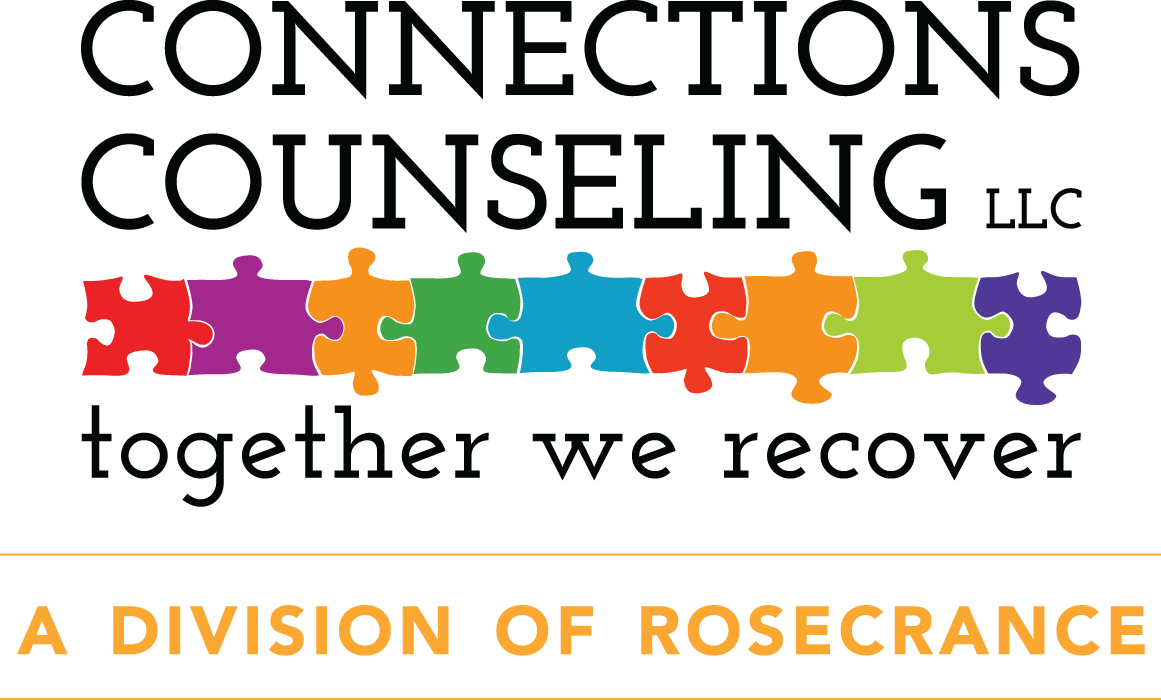Felony drug charges being used to get overdose victims help
Article Date:
FELONY DRUG CHARGES
Dane County prosecutors are increasingly filing felony drug charges against people who have had drug overdoses.
2005: 9
2006: 4
2007: 1
2008: 3
2009: 11
2010: 24
Dane County Assistant District Attorney Ken Farmer calls it the "make them drink" philosophy.
But others wish it didn't take a felony drug possession charge - an increasingly popular tactic among prosecutors - to get overdose survivors into treatment.
In 2010, 23 people who suffered drug overdoses severe enough to be revived by paramedics or in emergency rooms were charged in Dane County with felony drug possession in connection with the overdose incidents, court records show. That's up from nine in 2005 and just one in 2007.
Prosecutors say the intention is to get overdose survivors into court-mandated drug treatment programs, not to get felony convictions.
But only 17 of the 51 people charged between 2005 and 2010 ended up in Dane County Drug Treatment Court, the records show, and 18 resulted in felony convictions. Many of the cases filed in 2010 are still working their way through the courts.
"If there was any other way to get them into treatment, we would do it," said Farmer, a longtime drug prosecutor. "But this is all we've got."
Use of opiates has grown
The number of felony cases involving overdose survivors has grown in recent years as the use of heroin and other opiates has grown in Dane County. All but seven of the 51 cases involved heroin overdoses.
"In order to get them into treatment we have to charge them to get them into drug court," Farmer said. "If you let the overdoses go, what happens is they get treatment on their own or they die. I didn't want to sit back and let that happen."
Of the 34 people charged but who didn't end up in drug court, a few were referred but didn't qualify. A few others either quit drug court or declined to participate. And a few more took part in the Dane County Day Report and Treatment (DART) program, a pre-adjudication jail diversion and treatment program.
Only two people convicted of the felonies ended up in prison, and in both cases it was after their probation had been revoked by the state Department of Corrections for committing other crimes.
Assistant Public Defender Dorothea Watson, who has represented three overdose survivors charged in the past two years, said the approach adds a layer - the criminal justice system - onto what is a treatment need.
"If there was any better way to deal with these people, if there was more treatment available in the community, we wouldn't have to use the criminal justice system," Watson said.
Contradictory messages
The policy has gotten mixed reviews among advocates who work with drug addicts.
Meghan Ralston, harm reduction coordinator for the Drug Policy Alliance, a national organization that has criticized the "war on drugs," said the Dane County practice sends contradictory messages to those who are charged.
"Number one, we've got compassion for you and we want to do the right thing and get treatment for you," Ralston said. "But also we're going to get you a felony conviction that's going to hang with you for the rest of your life."
Instead of involving courts and lawyers in the lives of overdose survivors, she said, medical personnel should be called in to address the problem.
Shelly Dutch, director of Connections Counseling, a Madison drug treatment program, agreed. But she said that getting treatment even for people for whom it is ordered by courts can be very difficult, between waiting lists and the cost.
"Punishment isn't enough," Dutch said. "It isn't even addressing the primary issue."
Mike Florek, president of Tellurian UCAN in Madison, said that sometimes for the families of opiate addicts, getting the legal system involved is the only way to deal with their volatile situations.
"I can't tell you how many times I've told parents to call the police," he said.
And likewise, he said, some recovering addicts have said that was the best thing that ever happened to them.
